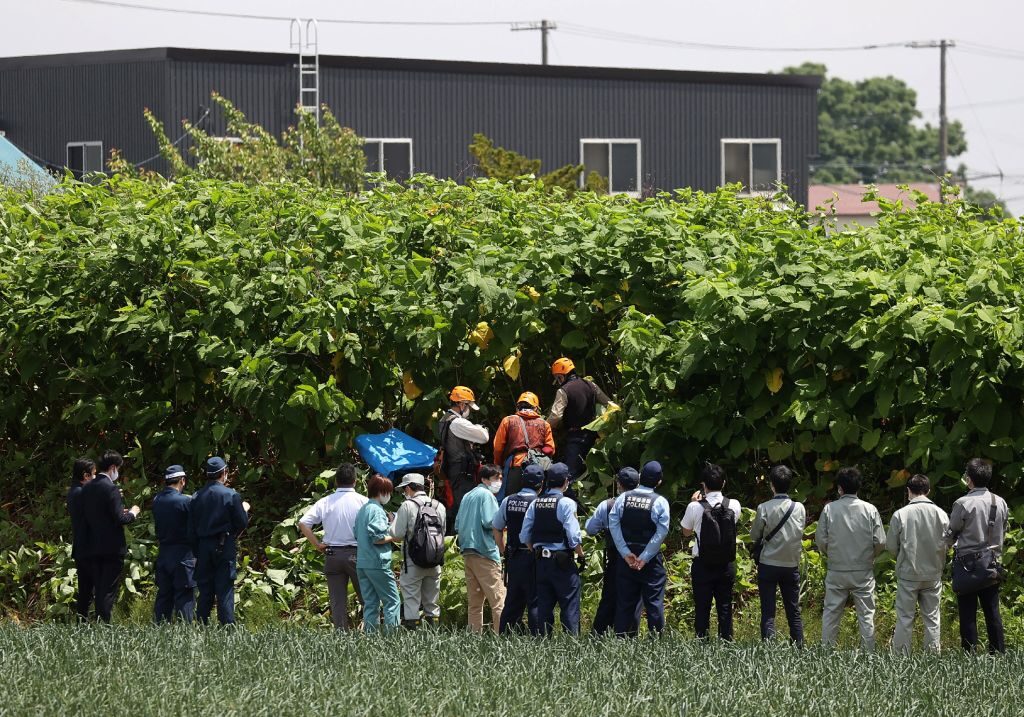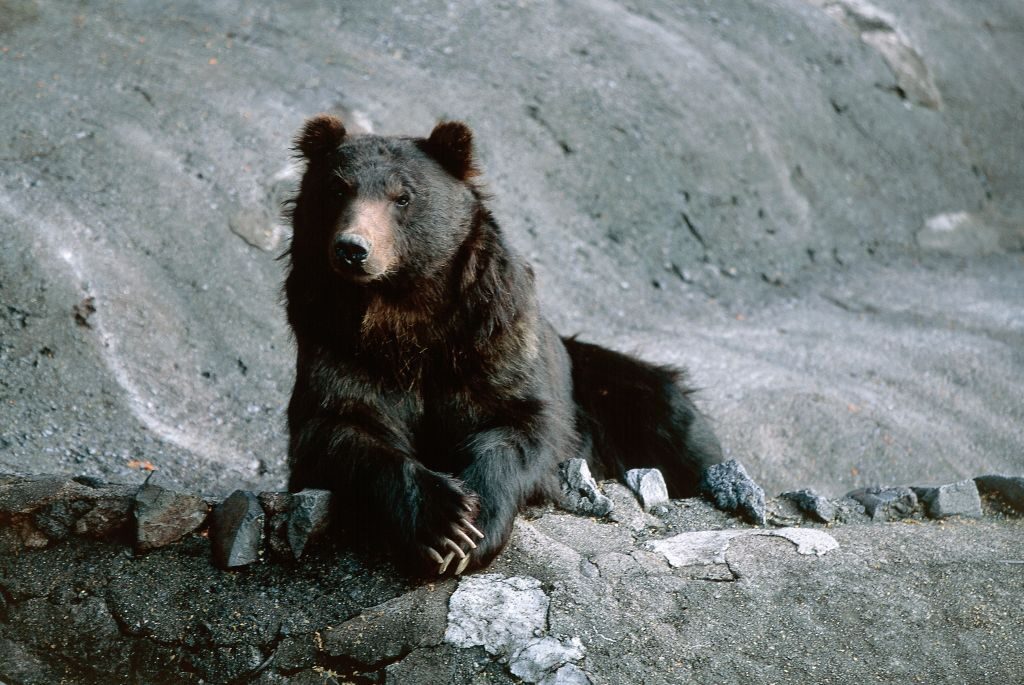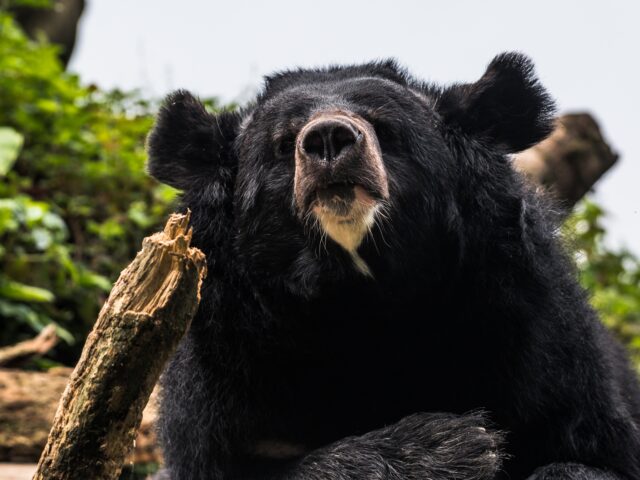The latest fallout from the global “climate crisis” is an uptick in bear attacks in Japan, if CNN is to be believed.
Citing “experts,” CNN said that climate change has reduced the availability of food, pushing bears further from their traditional habitats toward human civilization and resulting in more bear attacks.
“The thing is that you can have years of bad harvests and years of good harvest of acorns,” contends Maki Yamamoto of Nagaoka University of Technology. “And when the harvest is bad, the bears cannot store enough energy before hibernation by eating mountain acorns alone, so they get closer to human settlements looking for fruits, chestnuts, persimmons, walnuts, and farm products in general.”
“This year, bears have been appearing more in the villages precisely because of the very bad harvest of acorns from the beech, the bears’ favorite tree,” she said.

Police officers and members of a hunting group search for a brown bear that is on the loose in Sapporo, Hokkaido prefecture on June 18, 2021. The government warning residents to stay home after the animal injured four people including a soldier. (STR/JIJI PRESS/AFP via Getty)
Along the same lines, CNN quotes Tsutomu Mano of the Hokkaido Research Organization as saying that climate change is likely to have a “significant impact on the flowering time of plants and the activity of insects responsible for pollination, which is necessary for fruiting.”
The theory is that when bears don’t find enough food in the wild, they approach human neighborhoods to look for leftovers in garbage cans and once they have developed a taste for human castoffs they will keep returning for more. This means more contact between bears and humans and consequently more attacks.
In the article, CNN asserts that 2023 is shaping up to be a “record year for bear attacks in Japan,” with at least 212 people suffering an ursine assault.
The highest number of attacks on record prior to 2023 was 2020, during which the number of such attacks totaled 158.
While the talk of “record years” seems impressive at first blush, its impact dwindles considerably when CNN acknowledges that record keeping of bear attacks in Japan only began in 2006, meaning that it comprises a span of less than 20 years.

Brown Bear (Ursus arctos), Bear Park, the spa town of Noboribetsu Onsen, Shikotsu-Toya National Park, Hokkaido, Japan. (DeAgostini/Getty Images)
Less impressive still is CNN’s efforts to link bear attacks to the nebulous but conveniently capacious umbrella of “climate change.”
Ties between the activity of Japan’s bear population and the weather are already tenuous at best, but attempts to credit anthropogenic climate change with increasing the number of bear attacks stretches the belief of all but the most ardent climate alarmists.
In fact, CNN does not even both to try to flesh out this supposed connection, relying instead on inference and the “suggestion” that climate change is “interfering with the flowering and pollination of some of the animals’ traditional sources of food.”
The bogeyman of climate change does have one significant advantage over its predecessor — “acts of God” — namely, that it gives people someone to blame for their misfortunes, in this case the populations of evil capitalist countries that can’t seem to keep their carbon dioxide in check.

COMMENTS
Please let us know if you're having issues with commenting.